Mailing Address: 1423 Chapel Street. 3C, New Haven, CT 06511
The Center is based on the principles of Cross-Cultural Psychology which is an interdisciplinary subject, and draws from cross-cultural, clinical and multicultural psychology and research to inform its mission. Its mission is the application of interdisciplinary and systemic approaches to sustainable development that include psychological knowledge and research, for local and global application.

To Promote new paradigms and healthy, alternative, culturally diverse ways of being, that help create sustainable societies in which all members are able to thrive and actualize their potential.
To apply Cross-Cultural Psychology including Indigenous Psychology perspectives to implement the vision.

The Center is dedicated to providing the opportunity to promote and enhance communication and dialogue between cultural groups, including indigenous peoples’ voices in dialogue with modernity, and promote respect for, and learning between cultures.
In addition, the Center provides partnership opportunities to community constituencies through dialogue programs and diversity training. The aim is to bridge the cultural divide and give different cultures a voice in shaping the future.
The mission to provide a forum for equal dialogue between cultures, and to present alternative visions that can contribute to shaping the future, is particularly necessary in today’s world.

While cultural diversity provides a pathway to rebalancing nature and society, psychology can help promote peaceful cohabitation within societies. The application of social and CCP principles and research findings can help build peaceful and inclusive societies. It can contribute to community building and facilitate intergroup cooperation, reducing racism, xenophobic attitudes and ethnic tensions between groups.
In addition a shift in paradigm in psychology to a holistic understanding of psychophysical functioning is required for more adequately addressing the imbalances between human beings and their natural and social environment and the resulting mental and physical health problems. Learning from and integrating indigenous psychology, wisdom and knowledge traditions with modern clinical psychology and healthcare systems can more effectively promote MH and WB.
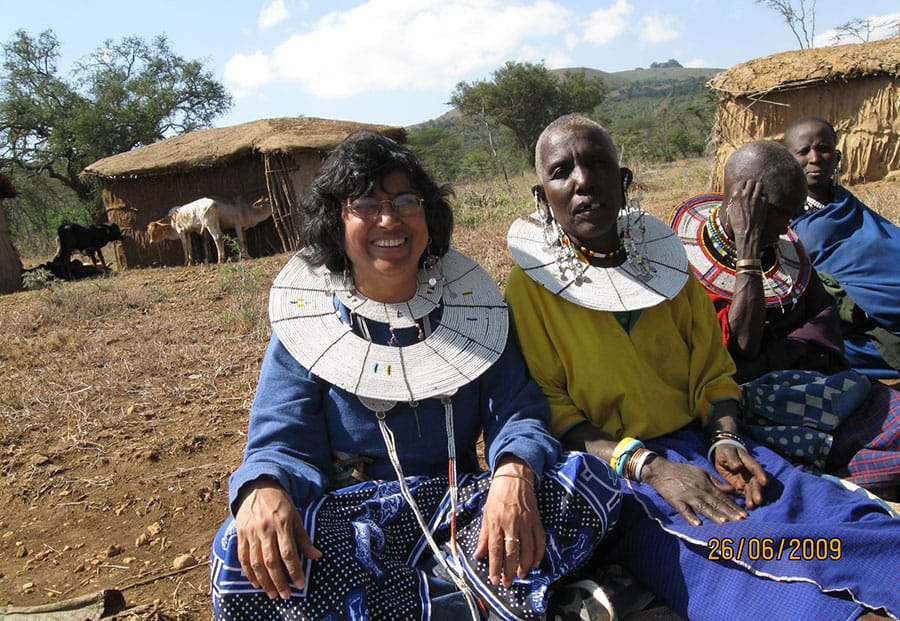
Cultural diversity and psychological health and WB are at the heart of sustainable development, the third pillar. Development is sustainable only if all the members of society are thriving. This can be facilitated by the application of psychological principles and guidance to build social, economic, cultural and built environments that promote social justice, mental health and WB, and harmonious intergroup relations.


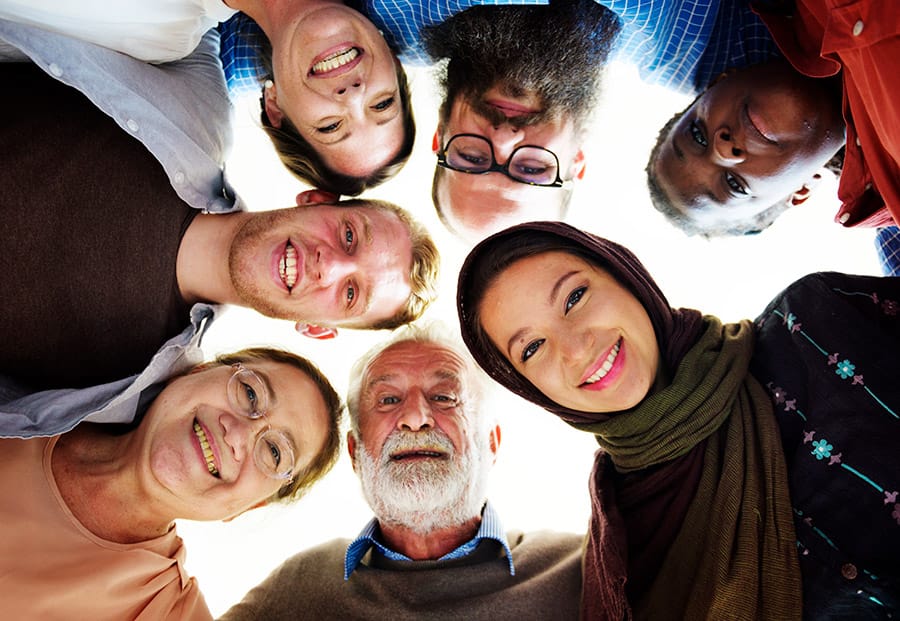
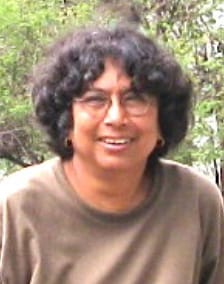
Dr Jaipal has a PhD in clinical and cross cultural psychology from the New School for Social Research. At Bloomfield College she started a Diversity Training Certificate program and founded a Center for Alternative Visions for the Future to research cultures of sustainability and build bridges between the local and the global. Dr Jaipal’s research interests include the role cultural conditioning and cultural identity plays in inter-cultural relations and in the tensions and misunderstandings between cultural groups. She was a Fulbright scholar in 2016 in Sikkim India and did capacity building for counseling, suicide prevention and mental health services, and researched the psychological costs of development on youth from 2017-2018.



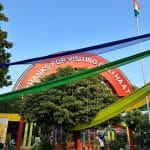
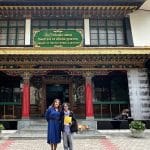
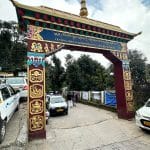

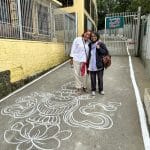


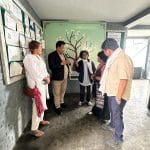

The team was invited by the Director of the Library of Tibetan Works and Archives, a Tibetan lama, to present on a panel with him at the Library of Tibetan Archives. This was quite an honor! The title of the panel was “The Importance of Mental Health for Sustainable Development and the Future of Society”. The three of us spoke on our work alongside the director, Geshe Lakhdor, who spoke on Buddhist philosophy and practice for maintaining mental health. The panel was held in the beautiful library of Tibetan Archives which houses beautiful Tibetan artifacts and treasures. While there we also visited the Tibetan museum which documents the plight of the Tibetans who had to flee as refugees from their homeland in the face of the Chinese take over of Tibet in the 1950’s.
Our trip there ended on a wonderful note. On our last day we had the good fortune to meet the Dalai Lama who had just returned from an out of town trip and was receiving visitors. This was the great blessing and cherry on top for the trip to Dharamsala!
When we returned to the capital Delhi, we met with a large Indian NGO doing impressive human rights work with marginalized populations all over India. We visited one of their slum development projects on the outskirts of Delhi, where we met with some of the wonderful people who were being helped by the NGO, and heard their inspiring stories. We also met with the hardworking and dedicated staff of the NGO and talked about how urban trauma work might apply, and about future possibilities for collaboration.